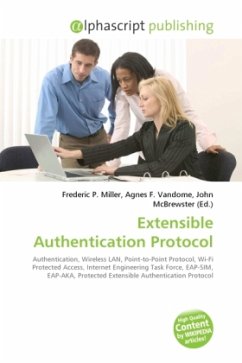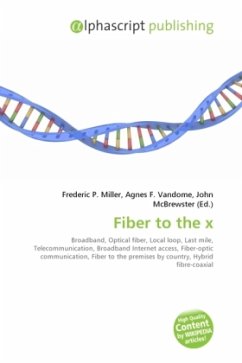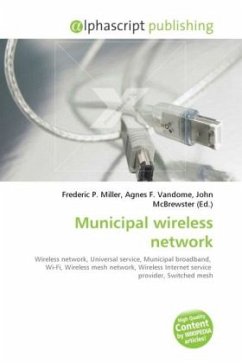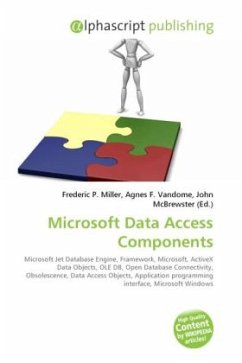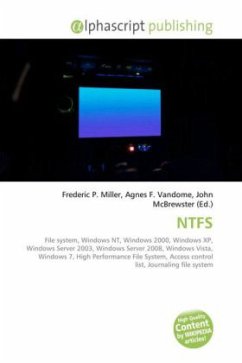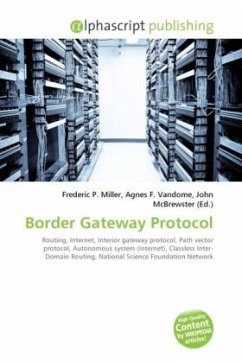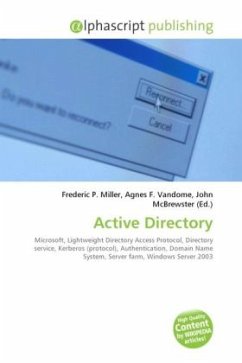Extensible Authentication Protocol, or EAP, is a universal authentication framework frequently used in wireless networks and Point-to-Point connections. It is defined in RFC 3748, which has been updated by RFC 5247. Although the EAP protocol is not limited to wireless LANs and can be used for wired LAN authentication, it is most often used in wireless LANs. The WPA and WPA2 standard has officially adopted five EAP types as its official authentication mechanisms. EAP is an authentication framework, not a specific authentication mechanism. The EAP provides some common functions and a negotiation of the desired authentication mechanism. Such mechanisms are called EAP methods and there are currently about 40 different methods. Methods defined in IETF RFCs include EAP-MD5, EAP-OTP, EAP-GTC, EAP-TLS, EAP-IKEv2, EAP-SIM, and EAP-AKA, and in addition a number of vendor specific methods and new proposals exist. Commonly used modern methods capable of operating in wireless networks includeEAP-TLS, EAP-SIM, EAP-AKA, PEAP, LEAP and EAP-TTLS.
Bitte wählen Sie Ihr Anliegen aus.
Rechnungen
Retourenschein anfordern
Bestellstatus
Storno

